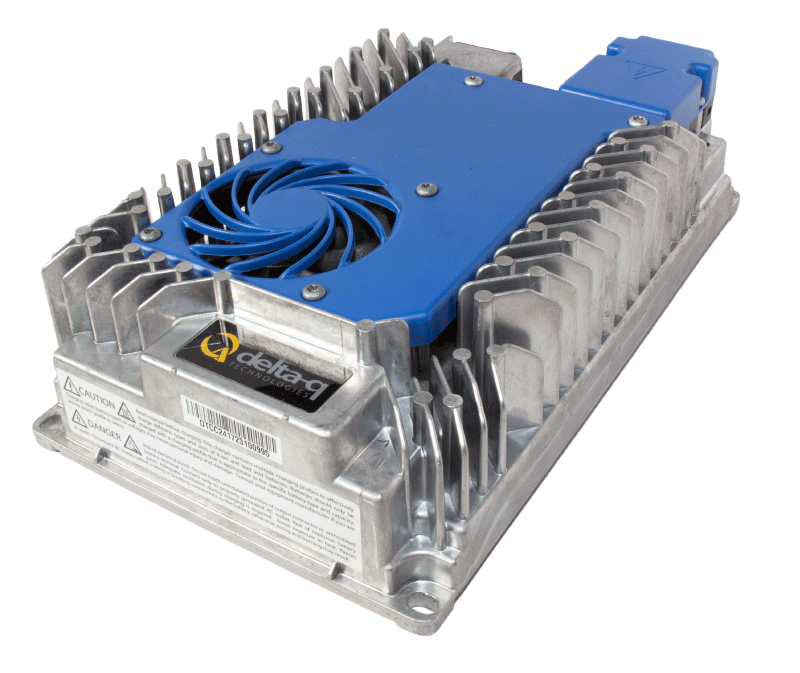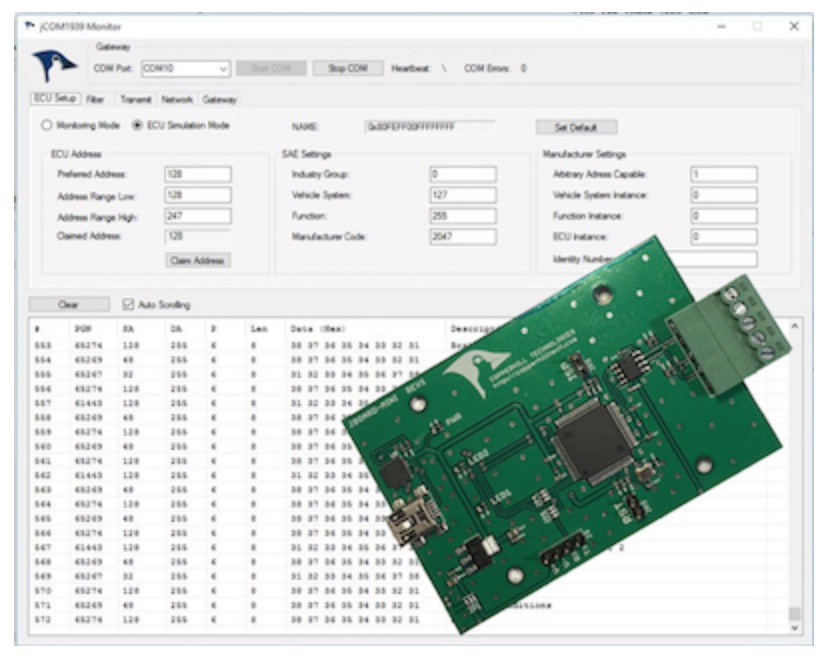Recent Posts
Battery Charger With SAE J1939 Interface Suitable For Electric Vehicles
Posted by on
The RC1000 24-V battery charger from Delta-Q is intended for use in residential and industrial electric applications as well as electric vehicles.
The CAN Bus interface, supporting the CANopen and SAE J1939 higher-layer protocols, provides real-time charger data including charge status, charge history as well as error and fault logs for quicker troubleshooting. The charger is suitable for applications in floor care, utility vehicles, aerial work platforms, and material handling.
For lithium-ion battery uses, the BMS (battery management system) can manage the charger using the integrated CAN Bus interface. The IP-66 rated product implements algorithms for accurate charging of all types of lithium and lead-acid batteries (including deep-cycle) while adjusting charge time, battery life, and application requirements.
The 1-kW charger complies with UNECE R10 and European touch-safe voltage regulations which enables the integration into electric vehicles. There is a safety interlock to block vehicle movement while charging.
SAE J1939 ECU Simulator Board With USB Port
The jCOM.J1939.USB gateway board is a high-performance, low-latency vehicle network adapter for SAE J1939 applications. It allows any host device with a USB COM port to monitor SAE J1939 data traffic and communicate with the SAE J1939 vehicle network.
The board supports the full SAE J1939 protocol according to J1939/81 Network Management (Address Claiming) and J1939/21 Transport Protocol (TP). It is also supported by an extensive programming interface for Windows and Linux/Ubuntu applications, including full C/C++/C# source code for short time-to-market developments.
The strength of the board lies in the fact that the entire SAE J1939 protocol, including all timing requirements, is stored on-chip, thus taking the burden off the main system. The board uses a USB COM port to communicate with the main system, i.e. all data transfer is handled through a standard COM port access.
The communication protocol between the board and the main system is well documented and thus allows a porting to any computer system with a USB connection. Working source code libraries exist for Windows (C# under Visual Studio 2012/2013), Linux and its derivatives (C++ using Code::Blocks), and Raspberry Pi (C using the standard gcc compiler).
 Loading... Please wait...
Loading... Please wait...


